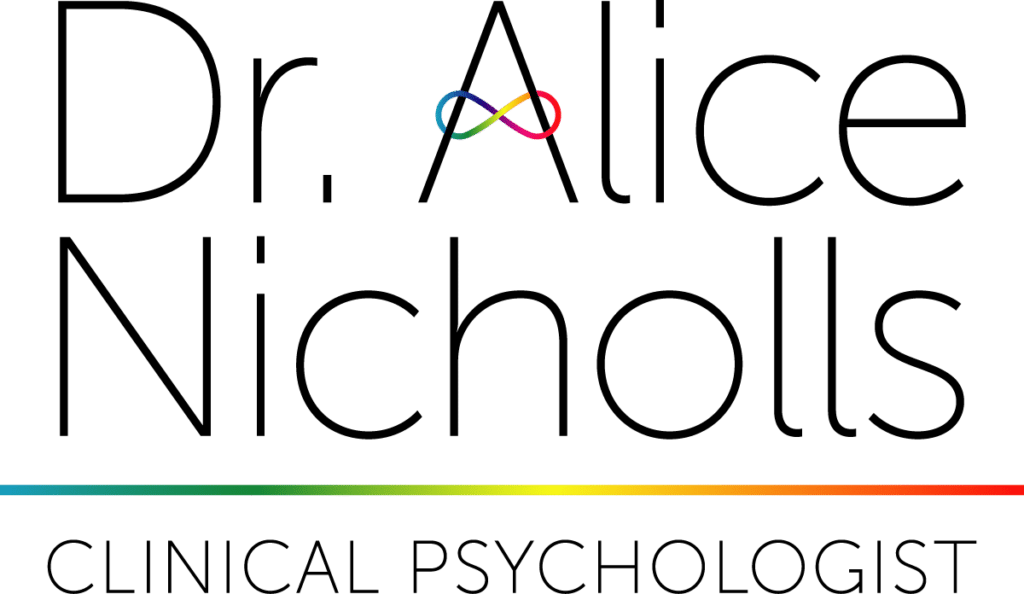About Me
I’m a late-realised, high-masking, dungaree-loving, Autistic Clinical Psychologist. I’ve spent decades of my life battling against energy-sucking, joy-destroying identity-thieving Autistic Burnout both with my clients and for myself.
I developed a special interest in finding ways Autistic people can live authentic, energised and inspired lives and break the cycle of Autistic Burnout.
Drawing on the emerging Autistic Burnout literature, my knowledge of Clinical Psychology and looking at what actually works for my clients I’ve created a unique approach called Authenticity.
I’m registered with the Health Care Professionals Council (HCPC; UK) as a Clinical Psychologist, occasionally speak at conferences and have been featured in the Guardian Newspaper. I write regular articles and a newsletter which is read by thousands of Autistic people every week.
I’m a single parent to three neurodivergent children so I understand the reality of not always being able to take a break from work and caring responsibilities. My approach can be adapted to suit your lifestyle and can take as little as 30 minutes a week.
If you would like to work with me please check out Authenticity: The Course and Community.



